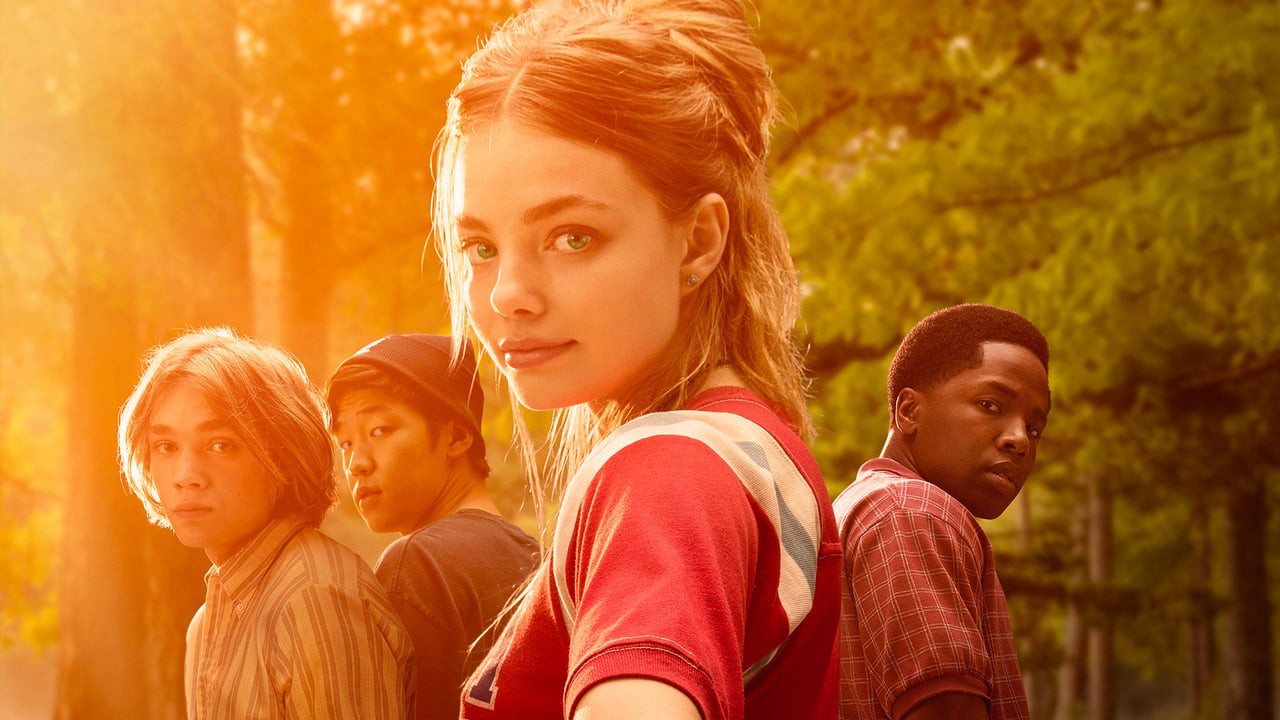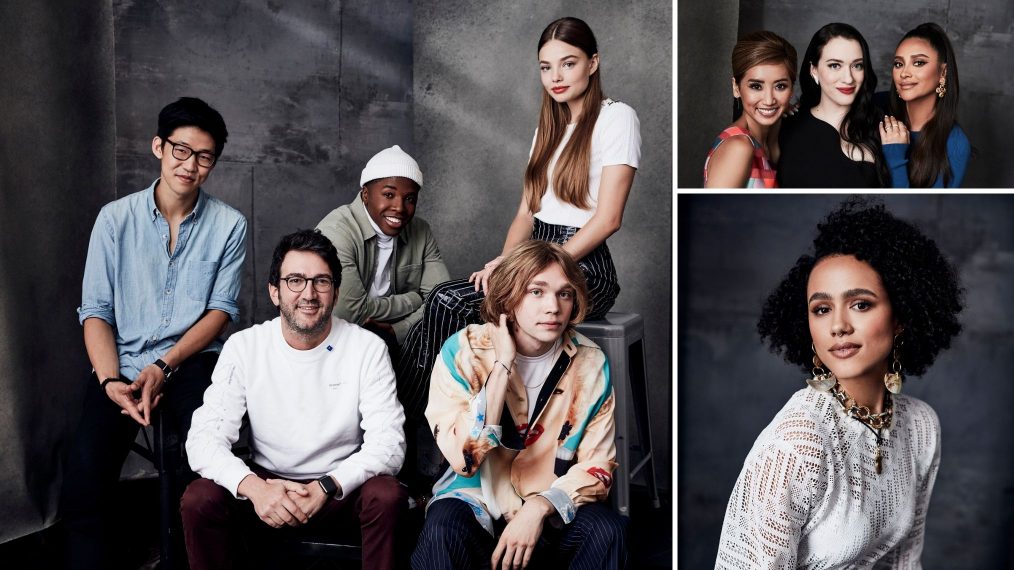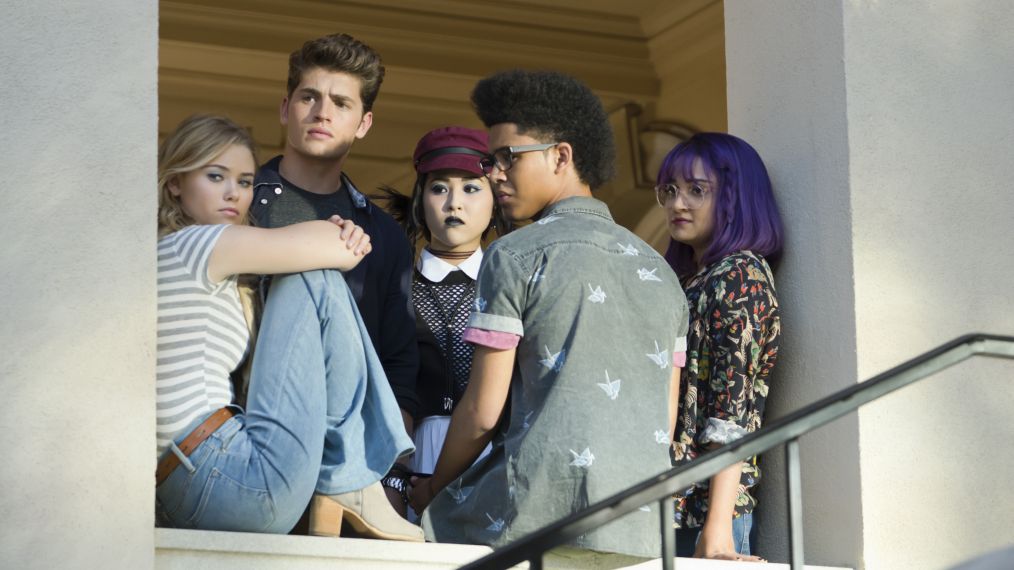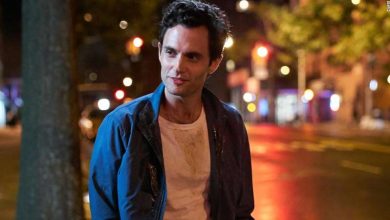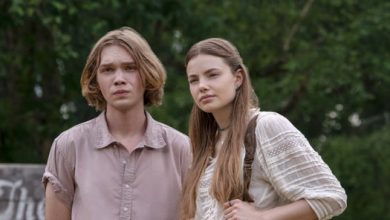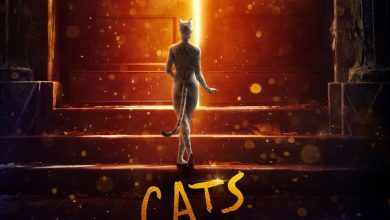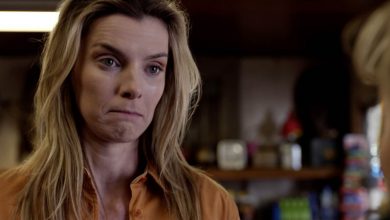Of all the challenges that come with adapting a book for the screen, the question of what to do with a book’s narrator is often the most intractable. Third-person narrators can sometimes be translated into a camera eye without requiring major story compensations, but first-person narrators present a specific variety of trickiness, and adapting them can be either a huge boon or an inescapable mire. Their particular voice and perspective is yoked to how the story feels, and in the case of a book like John Green’s novel Looking for Alaska, the narration by teen boy protagonist Miles “Pudge” Halter is the book’s greatest tool and its most obfuscating feature; Miles, as the main storyteller, simultaneously enacts and short-circuits the book’s central ideas. Because of that trickiness, though, and because of the problems and opportunities of Looking for Alaska’s story, Hulu’s new miniseries adaptation is a rare thing, a screen adaptation where the chance to ditch the first-person protagonist is a real gift.
As a book, Looking for Alaska is a beautiful, poignant, and unsolvable puzzle. It’s about Miles, played in the series by Charlie Plummer, who transfers to a high-school boarding school in Alabama and quickly falls in love with a girl named Alaska Young (Kristine Froseth). He makes friends, too, and he studies and tries to learn about life. He has a wise, old religion teacher. He gets into trouble. Miles and his new friends are bonded together through all the usual, indelible kinds of teenage rule-breaking. But throughout the novel, Miles continues to be in love with Alaska, and she continues to live in his mind as a gorgeous, unknowable sphinx, someone whose obvious pain only makes her more appealing, more exotic and mature.
The idea of the book, the deep crux of it, is the tragedy of Miles’s inability to see outside himself, the frustration that he can’t ever envision Alaska as a real, human person. It’s sad that Miles is so limited, and that’s precisely the point. It’s infuriating and wrong that Alaska can’t tell her own story. But because Looking for Alaska is stuck inside Miles’s head, because he’s always the one telling the story, it’s too easy for the whole novel to end up reenacting the exact kind of erasure it’s trying to dramatize. To explain it in a way Alaska might appreciate, it’s like the book builds a fascinating and intricate labyrinth, a maze meant to demonstrate something powerful about how we’re all stuck inside our own heads. But in the process of constructing the maze, the book also seals itself inside.
All of that is why it’s so compelling to watch Josh Schwartz and Stephanie Savage, the producing partnership behind shows like Gossip Girl and The O.C., dismantle Pudge as the driving narrative voice and turn him into the figure that Looking for Alaska seems to have always intended him to be. He’s young, he’s well-intentioned, he’s inexperienced, he’s often an idiot, and he is just one of many, many people who have a significant voice in this story.
It’s a relief to watch a version of Looking for Alaska where Miles’s beloved teacher Professor Hyde (played by Ron Cephas Jones) is more than just a magical mentor figure with nothing to do except offer enigmatic koans at the right moment. It’s a relief to see the Eagle, the hard-ass school administrator with possibly just a sliver of humanity, played with such humor and tenderness and sincerity by Timothy Simons, whose effectiveness in the role is the only thing that keeps his glorious mustache from running away with every scene in which the Eagle appears.
I’d say it’s also a relief to see Chip (a.k.a. the Colonel) onscreen, played by relative newcomer Denny Love, except it’s not a relief so much as it is revelatory. The Colonel is Miles’s roommate, and in the book version of Looking for Alaska, he’s smart and funny and spiky and yet still, inevitably, caught inside Miles’s vision of the world. Onscreen, Love’s Colonel is so great that he almost unbalances the whole thing. The things that happen to the Colonel, his relationship with Alaska, his life story, the depth of his grief, the messy webs of honor and inequity he’s trying to navigate — all of it is so much more compelling than most of Miles’s story that you can’t help but wonder why exactly he’s not the main character. It’s as if Looking for Alaska was cut loose from the anchor of Miles’s narratorial voice and then swung in the direction of the strongest prevailing wind, drifting toward all the new, rich material the miniseries finds for the Colonel, and the charisma with which Love pulls it off.
There are two defining features of the Looking for Alaska miniseries, and Miles’s absent narrative voice is the biggest and most crucial of them. It feels like a chance for the story to move closer to what it perhaps should’ve been in the first place. The other big defining thing is the unmistakable, nostalgic Stephanie Savage–Josh Schwartz–iness of this show. It’s a series based on a book published in 2005, developed for over a decade, and then finally produced in 2018–2019. It’s about teens in 2005, made by a producing team who, with a show like The O.C., basically defined what TV teen-ness was in 2005. Now, watching it in 2019, there is a wash of nostalgia to it that feels purposeful and painful, often in a way that makes Looking for Alaska feel like it’s straddling two distinct TV eras. It exists on a platform that didn’t exist in 2005, it’s obviously influenced by prestige TV aesthetics that didn’t have the same foothold then, and much of the best of this series — especially everything that’s been added to the original novel — is stuff that likely wouldn’t have been a priority for a show made over a decade ago.
But there are parts of Looking for Alaska that feel like the show is trying to go back and insert itself into the 2005 TV schedule and just hoping we all assume it’s always been there. Its cell-phone-free innocence feels so distant from the world we now live in. It frames teen drinking and smoking as almost wholesome and mostly innocuous, in a way that feels markedly different than the drugged excesses of Euphoria. (Looking for Alaska doesn’t suggest they’re good, but it’s a vision of teen debauchery that feels matter-of-fact rather than either celebratory or alarmist.) Most intensely, if you watched The O.C. or were a teen at the same time as those teens, the music choices in Looking for Alaska will throw you for a nostalgic loop so blatant and unapologetic that you’ll either be rolling your eyes or sobbing, or possibly both. When a cue from the Postal Service spun up in Looking for Alaska’s first episode, I had to pause and do some deep breathing.
It means Looking for Alaska feels like a period piece that hasn’t fully reckoned with itself as a period piece, and some of its nostalgic impulses feel out of step with how brutally, gorgeously sad it is. It’s not a happy story, and the final episode swerves a bit too far in the direction of trying to make things feel all better. But for the most part, it’s the rare adaptation that dismantles the original in order to build something that works better.


